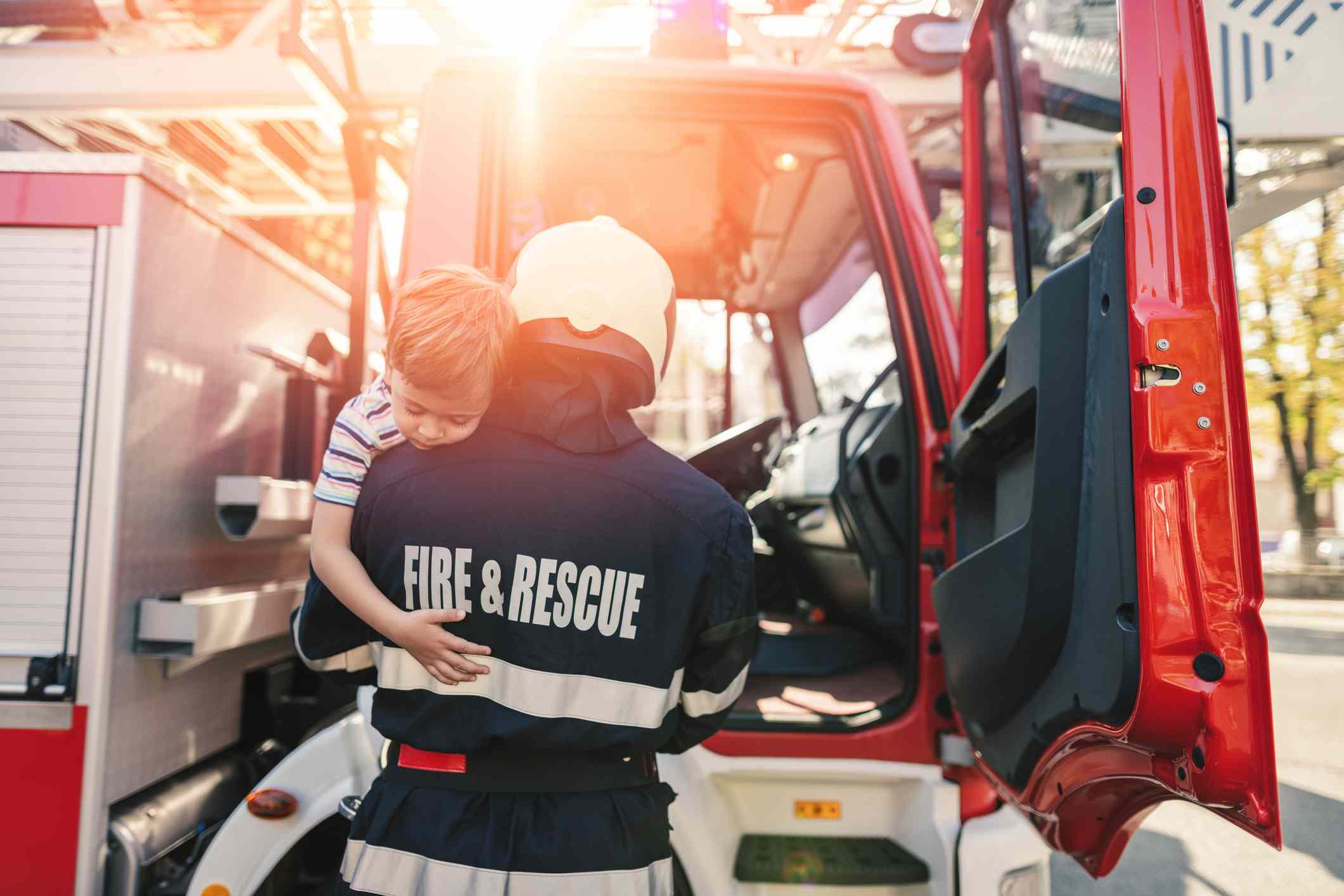A career that involves witnessing tragedy, protecting others in dangerous environments, and putting your own life on the line isn’t for everyone. It makes sense that first responders are at increased risk for addiction and mental health disorders than someone who is typically on the clock from 9-5 in casual business attire. An estimated 30% of first responders develop behavioral health conditions, including depression, posttraumatic stress disorder (PTSD), substance use disorders, and much more. That’s 50% higher than the general population.
In many ways, it’s hard to imagine that disparity decreasing anytime soon. So, what specific first responders are most at risk? And what can be done to help those who may be more likely to struggle with addiction?
Where Addiction Most Often Affects First Responders
After Hurricane Katrina, there was a strong link between police officers who were involved in relief efforts and hazardous drinking habits. One study found that among the officers who responded in the aftermath of Katrina, their average number of alcoholic drinks consumed rose from two per day to seven per day.
For New York City firefighters, the years after 9/11 were fraught with fallout from the tragedy of that day. In spring 2004 — 2 1/2 years removed from the terrorist attacks — the department’s struggles with addiction continued to rise. The number of FDNY firefighters and EMS workers who were being treated for drug and alcohol abuse was more than 50% higher than the previous year.
Tragedies like these, ones that rise to a national level of attention, are studied for years due to their high-profile nature. While they’re illustrative of an overall problem, they’re also outliers.
Police officers, firefighters, paramedics, and other first responders face smaller crises on a daily basis. And while an addiction to alcohol or other drugs may not be immediate, it often dovetails with mental health concerns that are even more common when faced with frequent catastrophe.
Addiction That Co-Occurs with Mental Illness
Estimates show that as high as 32% of first responders will have PTSD in their lifetime. Just 6%-14% of the general population will suffer from PTSD, marking a much greater disparity than the general gap of behavioral health disorder diagnoses between first responders and the rest of society.
One national epidemiological study found that 46.4% of individuals who had PTSD also met the criteria for a substance use disorder. Another found that women who were living with PTSD were 2.48 times more likely to abuse alcohol and 4.46 times more likely to abuse other drugs than women who did not have PTSD (men were 2.06 and 2.97 times more likely in their respective categories).
For first responders, these can be vicious cycles. They’re much more likely to develop PTSD or certain other mental health concerns than the general population, and one effect of PTSD is a higher likelihood of developing a substance use disorder.
Even if they haven’t been diagnosed with a mental health concern, first responders are generally going to be more at risk for abusing substances. A 2017 study found that approximately 50% of male firefighters had engaged in recent binge drinking behaviors, with 9% reporting that they drove while intoxicated.
Instead of accepting that these first responders are more likely to struggle with substances, what can we do to help?
Ways to Reduce First Responder Risk
Fortunately, as we come to grips with the fact that first responders are more at risk for mental health and substance use concerns, organizations are taking action.
The real work starts with fighting stigma, and there is still room for improvement there. We need more people in positions of authority to take the lead in pursuing behavioral health treatment — particularly in industries like law enforcement where many people equate seeking help with weakness.
Initiatives like behavioral health task forces, peer support groups, and employing staff psychiatrists are all worthy endeavors. Additionally, we can:
- Give first responders the chance to learn about substance abuse and available resources outside of when they’ve just experienced a crisis
- Introduce strategies for engaging and helping people who are under the influence of alcohol or other drugs
- Build an organizational culture that applauds tolerance and condemns discrimination
- Provide training in mindfulness techniques that can help reduce stress and increase awareness of actions
As first responders serve and protect to keep our world safe, we owe it to them to offer comprehensive resources that can provide the same level of defense if they encounter a crisis along the way.
About Bayside Marin
Bayside Marin is a nationally respected provider of personalized residential and outpatient services for adults age 18 and older of all genders who have developed substance use disorders and certain co-occurring mental health concerns. With multiple luxurious residences in the hills overlooking San Rafael, California, Bayside Marin is uniquely prepared to offer world-class care and comprehensive support within a discreet, private, and comfortable environment. For more information, please visit www.baysidemarin.com.


